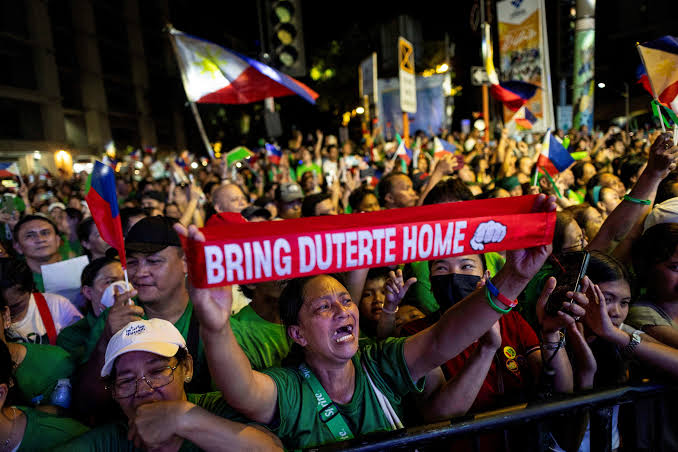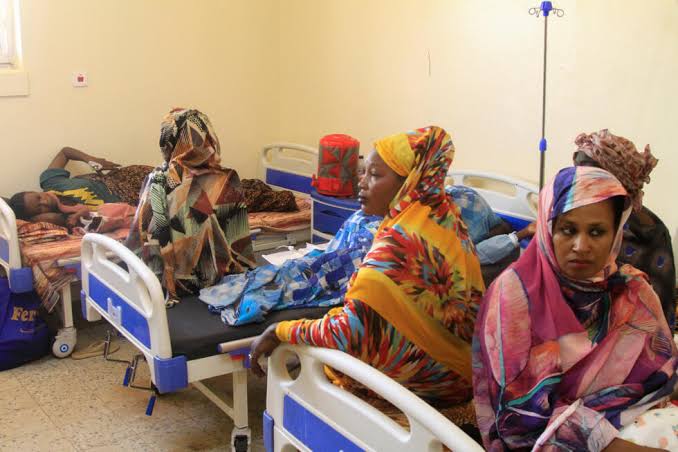The recent Philippine midterm elections, while appearing to favor President Ferdinand Marcos Jr., have also highlighted the enduring influence of his estranged Vice President, Sara Duterte, potentially reshaping the country’s political dynamics for the remainder of Marcos’ term.
Despite pre-election polls suggesting a widespread victory for Marcos’ allies in the Senate race, Duterte’s camp secured a notable foothold in the upper chamber. This could prove crucial in safeguarding her against potential impeachment attempts by Marcos loyalists, which could derail her chances of running for president in 2028.
The election results underscore that Duterte’s influence remains significant, even after a contentious split with Marcos, intense Congressional scrutiny of her office’s financial affairs, and the legal challenges faced by her father, former President Rodrigo Duterte, including potential transfer to the International Criminal Court (ICC).
Preliminary results indicate that four candidates aligned with Duterte, including Marcos’ own sister and two close associates of the former president, are on track to win seats in the Senate. As the upper house is responsible for impeachment trials, these new senators could play a pivotal role in any proceedings against the Vice President.
With a two-thirds majority required to convict and remove an official from office, Duterte would need just nine votes to secure an acquittal.
“If that happens, she will come out strong and that’s a boost for her presidential bid,” said Aries Argugay, a political science professor at the University of the Philippines. “Sara is looking good in terms of acquittal.”
The potential impeachment of Duterte by the lower house, which is largely aligned with Marcos, and the legal troubles of her father could inadvertently strengthen her support base, enabling her to forge alliances in anticipation of the 2028 presidential election, which Marcos is constitutionally barred from contesting due to term limits.
While Marcos has solidified his majority in the lower house and maintained influence in the Senate, facilitating the passage of his legislative agenda, the possibility of Duterte’s continued political presence poses a challenge. To safeguard his legacy, Marcos will need to identify and support a successor capable of defeating the popular Duterte.
“This seems to be the most consequential midterm elections in contemporary Philippine history,” added Argugay.
Another Duterte presidency could also have far-reaching implications for security and foreign policy, particularly for the United States, as the Philippines is a key ally in Asia.
Read more: Sachs: Unity is Africa’s Weapon Against Imperialism
During his time in office (2016-2022), Rodrigo Duterte was known for his opposition to the United States and his pivot towards China. Marcos has since reversed this stance, strengthening ties with Washington and advocating for a multilateral approach to address China’s actions in the South China Sea.
As Vice President, Sara Duterte has remained relatively quiet on foreign policy matters, but she has consistently supported her father’s policies.
Marcos has publicly distanced himself from any efforts to impeach Duterte and, following the election, extended an olive branch to all political factions. “We may not have won every seat, but our work and mission continue,” he said in a statement. “To the newly elected, regardless of party or coalition, I extend my hand. Let us move forward together with open minds and common purpose.”



